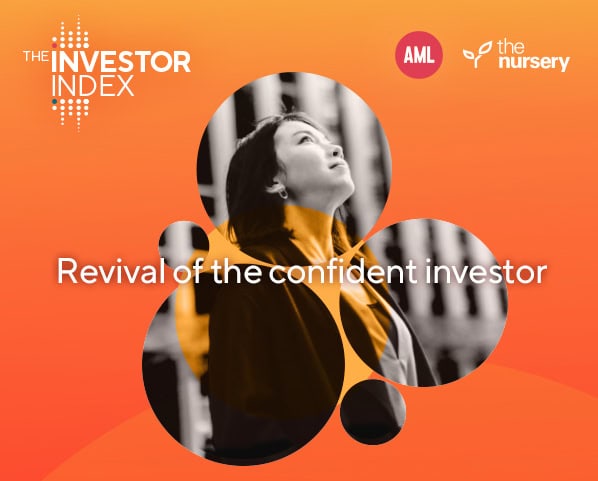An evening at the Ashden Awards, which takes place in June each year at the Royal Geographical Society, is a useful antidote to this depression. Ashden showcases and advocates for sustainable energy access, and trailblazing businesses and communities in both the UK and the developing world. This highlights the countless initiatives that flourish from the bottom up, very often in the absence of any support from public policy.
Here at AML we hope to embody the spirit of Ashden through our Simple Ideas Fund, which invests in simple ideas we feel will make a positive difference. And with Pictet Asset Management, AML has set up ‘Mega’, the online magazine studying the powerful socio-economic, environmental and technological forces that shape our planet, with the intention of energising the debate on creating a better future. As we think about climate change and more broadly about sustainability, can we discern something simple amidst the complexity and conflicting agendas, an emerging megatrend for investors and businesses?
With a growing population, food, energy and water needs will place enormous pressure on the climate, the natural world and its resources. The investment needed to respond to these challenges involves some very big numbers. The International Energy Agency has suggested that decarbonizing the power sector to meet global climate targets would require cumulative investment of $19.3 trillion to 2035. The UN Food and Agriculture Organisation estimates annual investment in agriculture required to meet projected demand and changing diets in developing countries will be $209 billion to 2050. The OECD believes water needs will dominate global infrastructure investment by 2025, with water spending set to rise to over $1 trillion per year.
So, governments, environmental organisations and others are wondering how they might persuade investors to help address these projected financing requirements. The problem is investors have responsibilities to maximise returns on our savings, which can imply continued emphasis on fossil fuels or unsustainable food production systems. Environmental issues can be seen as an impediment to development or as creating potential reputational risk for the private sector, rather than as a positive investment story.
Governments should be taking the lead in tackling public policy problems. Perhaps a £50 carbon tax would affect investment decisions more effectively than nagging the private sector about their responsibility to take account of sustainability issues.
However, the most successful investors will be those who anticipate future government actions, transformational secular trends and tipping points. And, though demand for oil and gas may be growing and tropical forests are still disappearing, we sense a turning tide, a building momentum and vast new investment opportunities.
Nicholas Stern, former Chief Economist of the World Bank and Chair of the Grantham Research Institute on Climate Change, told delegates at a recent conference organised by the London School of Economics: “There is now much greater understanding of how economic growth and climate responsibility can come together and, indeed, how their complementarity can help drive both forward. To portray them as in conflict is to misunderstand economic development and the opportunities that we now have to move to the low-carbon economy.”
There are numerous examples of the financial services industry focusing on environmental issues. Robeco Asset Management, with whom we work, bases investment decisions on the strong conviction that sustainability is a long-term force for change in markets, countries and companies, creating investment risks and opportunities. They treat sustainability like any other value driver.
Christiana Figueres, the head of the UN framework Convention on Climate Change, ‘This isn’t about saving the planet, it’s about self-interest’. And there are countless success stories built around more efficient, cleaner, less resource-intensive companies and food producers. These range from manufacturers like Futurepump, selling low-cost, highly efficient solar irrigation pumps to smallholder farmers in Kenya and around the world, to global brands like Unilever introducing ambitious targets for zero-deforestation supply chains.
The proportion of the world’s electricity coming from renewables rose to 11.3% in 2016. Solar and wind employ 476,000 people in the US compared to 160,000 for coal. Starting in 2010, investments globally in renewable energy production surpassed fossil fuels and the gap is growing. Tesla, yet to make a profit, is worth more than Ford because investors sense that Tesla is riding the wave of the future. Brazil has succeeded in significantly reducing its rates of deforestation alongside large increases in agricultural production over the last 15 years.
A ‘no’ from the current US administration to the Paris Agreement seems unlikely to significantly shift this strong momentum. At the Ashden Awards earlier this month, Al Gore placed action on climate change amongst the great moral movements in human history, quoting Wallace Stevens: “After the final no there comes a yes / And on that yes the future world depends.”
Written by our creative intern, Eliza Edwards.


